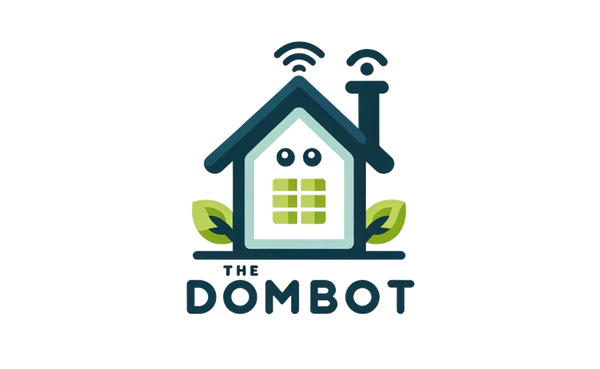Collection: Zigbee vs WiFi: Which Smart Home Network is Right for You?
Zigbee vs WiFi: The Battle of the Smart Home Networks
Hey there, tech-savvy friends! Today, we're diving into the fascinating world of smart home networks. You know, those invisible forces that connect your fancy gadgets and make your life a little bit easier (or at least a lot more fun). We're talking about Zigbee and WiFi, the two titans of the smart home realm.
Now, I know what you're thinking: "Why do I need to know about this stuff? I just want my lights to turn on!" But trust me, understanding the difference between Zigbee and WiFi is like knowing the difference between a good cup of coffee and a lukewarm, bitter brew. It's all about making the right choices for your smart home setup.
Zigbee: The Quiet Achiever
Think of Zigbee as the shy, but incredibly efficient friend who always gets the job done. It's a low-power, mesh networking protocol that's designed for connecting smart home devices. It's like a whisper network, but for your lights, thermostats, and other gadgets.
Zigbee's Strengths:
- Low Power Consumption: Zigbee devices are energy-efficient, so you can rest assured that your smart bulbs won't drain your battery like a teenager on their phone.
- Long Range: Zigbee signals can travel further than Bluetooth, making it ideal for larger homes. It's like having a super-powered signal booster for your smart home.
- Mesh Networking: Zigbee devices can communicate with each other, creating a self-healing network. This means that if one device drops out, the others can still connect. It's like having a backup plan for your backup plan.
- Security: Zigbee uses encryption to protect your data, so you can rest assured that your smart home isn't being spied on by hackers.
Zigbee's Weaknesses:
- Slower Speeds: Zigbee isn't as fast as WiFi, so it's not ideal for streaming video or playing online games. It's more like a slow-burning fire, but it's reliable and efficient.
- Limited Compatibility: Not all smart home devices are compatible with Zigbee. It's like trying to fit a square peg in a round hole.
WiFi: The Big Kahuna
Now, let's talk about WiFi. It's the big, boisterous friend who's always the life of the party. It's a high-speed, wireless network that's used for connecting everything from your phone to your smart TV. It's like a superhighway for your data.
WiFi's Strengths:
- High Speed: WiFi is incredibly fast, making it perfect for streaming video, playing online games, and downloading large files. It's like having a turbocharged internet connection.
- Wide Compatibility: Almost every smart home device is compatible with WiFi. It's like the universal language of the smart home world.
WiFi's Weaknesses:
- High Power Consumption: WiFi devices use more power than Zigbee devices. It's like having a gas-guzzling car instead of a fuel-efficient hybrid.
- Limited Range: WiFi signals can be weaker than Zigbee signals, especially in larger homes. It's like having a short-range radio transmitter.
- Security Concerns: WiFi networks can be vulnerable to hacking if they're not properly secured. It's like leaving your front door unlocked.
Zigbee vs WiFi: The Verdict
So, who wins the battle of the smart home networks? It depends on your needs. If you're looking for a reliable, low-power network for connecting your smart home devices, Zigbee is the way to go. If you need high speed and wide compatibility, WiFi is the winner.
And if you're still confused, don't worry! There are plenty of resources available to help you choose the right network for your smart home. Just remember, it's all about finding the perfect balance between speed, range, and security.
Zigbee vs Bluetooth: A Quick Comparison
You might be wondering, "What about Bluetooth? Isn't that another option for connecting smart home devices?" Well, Bluetooth is great for connecting your headphones to your phone, but it's not ideal for smart home networks. It has a very limited range and can be unreliable.
Think of Bluetooth as a whisper in a crowded room. It's great for short-range communication, but it's not going to reach across your entire house.
Zigbee vs LoRa: The Long-Distance Champions
Now, let's talk about LoRa. It's a long-range, low-power wireless protocol that's becoming increasingly popular for smart home applications. It's like a marathon runner for your data, able to travel long distances without getting tired.
LoRa is great for connecting devices that are far apart, like sensors in your garden or security cameras on your property. It's like having a super-powered signal booster for your outdoor smart home devices.
So, there you have it! A comprehensive guide to the different types of smart home networks. Now go forth and build your dream smart home, one connected device at a time!
